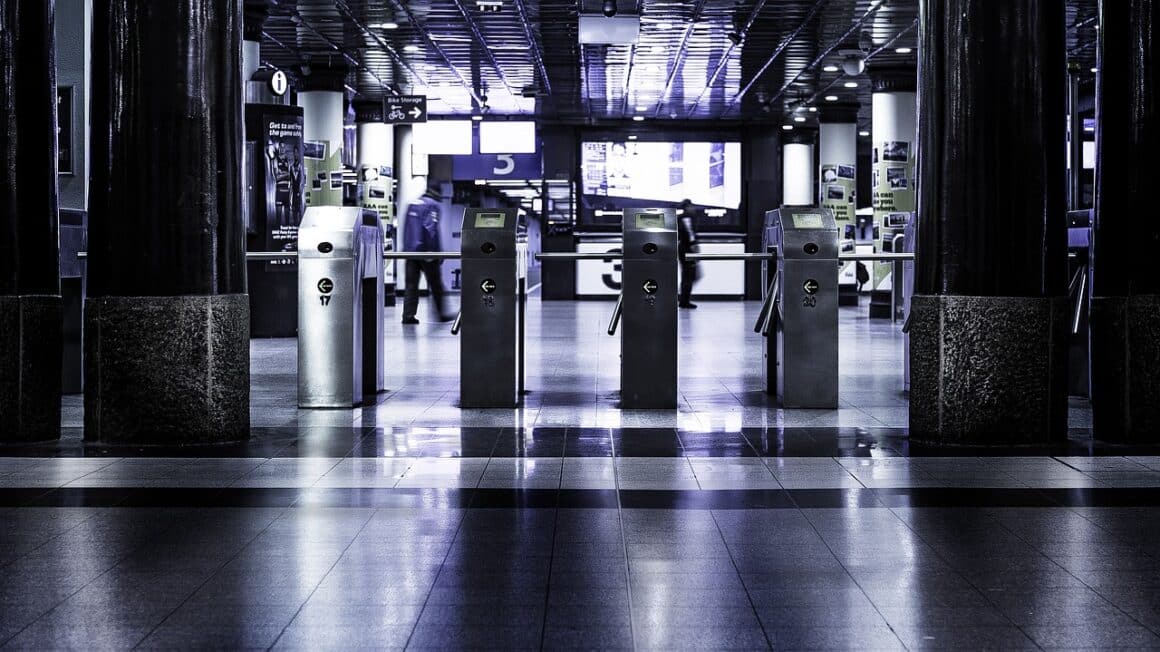La mesure de précaution d’interdire les ordinateurs à bord des avions a des effets qui dépassent les menaces terroristes. En effet, aujourd’hui, outre la perte de productivité qui pourraient en découler en empêchant de nombreux voyageurs d’affaire de travailler pendant leur déplacement, cette mesure fait craindre également un autre risque: l’espionnage. En effet, en abandonnant leur ordinateur sur les tapis de chargement, cela donne une bonne occasion à des services spécialisés des aéroports de récupérer certaines données plus facilement et plus discrètement.
L'essentiel Cybersécurité, IA & Tech
Rejoignez la communauté. 3 fois par semaine, recevez l'analyse des tendances par Marc Barbezat. Pas de spam, juste de l'info.
How could spies benefit, should the electronics ban be expanded? According to statistics published by the National Trade and Tourism Office, 1.9 million people, earning an average salary of $152,868, traveled to Europe on business in 2015. The Global Business Travel Association found that half of these travelers “preferred to stay connected and get work done during flights.” This led to a further study, which concluded that $500 million in workable/billable hours would be lost if these businesspeople were denied access to their large electronic devices. Of course, they can work on smartphones, but that solution has obvious limitations.
How an Airplane Laptop Ban Would Expose Company Data to Espionage
To ban or not to ban laptops? Millions of global travelers are anxiously awaiting the answer to this question. Since the U.S. government received credible intelligence that ISIS had developed the capability to conceal explosive devices within laptops, tablets and other large electronic devices, these devices have been banned, as of late March, from airline cabins for flights originating from ten Middle East and North African airports and traveling to the United States.
Des serveurs, des API et du temps.
DCOD est bénévole, mais l'hébergement a un coût. Participez aux frais techniques.












